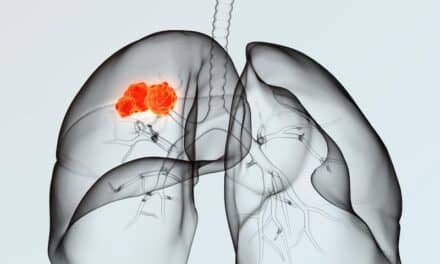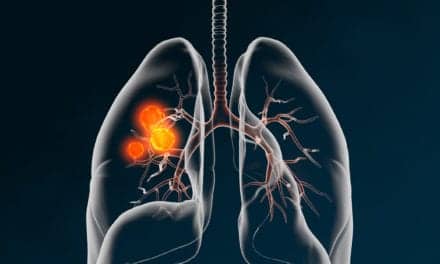Caris Life Sciences, Irving, Texas, has launched an addition to its comprehensive genomic profile offering, Molecular Intelligence (MI), that will provide clinicians with a genomic profiling similarity (GPS) score.
Driven by artificial intelligence (AI), the company’s MI GPS score is a tumor type biology similarity score that employs more than 6,500 mathematical models in a machine-learning algorithm that compares the molecular characteristics of a patient’s tumor against Caris’s extensive database. The goal is to provide new insights into the molecular subtypes of cancer of unknown primary (CUP) cases, atypical clinical presentation cases, and other difficult-to-treat cancers.
“Caris has the world’s largest and most comprehensive database of paired molecular information with clinical outcomes,” says David Spetzler, MBA, PhD, president and chief scientific officer at Caris. “We are actively employing advanced machine-learning capabilities with this dataset to identify unique molecular signatures that our industry-leading pathologists can use to better identify cancer subtypes and predict patient response to certain therapies. The combination of AI and human intelligence provides the most comprehensive analysis available today to characterize a patient’s tumor.”
The MI GPS score is Caris’s tool to help clinicians manage CUP cases or cases identified by an ordering physician as having an atypical clinical presentation or clinical ambiguity. The company’s team of expert pathologists reviews each case with the additional information provided by the tumor type similarity score, which compares the molecular characteristics of the patient’s tumor against the company’s database. A lung cancer tumor specimen submitted for testing may have a molecular signature similar to other lung cancer specimens found in the Caris database, for example, or may have a molecular signature not similar to lung cancer but similar to the signature of another type of tumor.
In company studies, the MI GPS score was shown to classify tumors from 55,780 samples with more than 95% accuracy. The score also generated an unequivocal result in the vast majority of CUP cases for which there had previously been ambiguity about tissue of origin.
The MI GPS score was developed using a subset of results from the company’s proprietary MI platform. Caris MI assesses DNA status across a 592-DNA gene panel. Gene fusions, RNA splice variants, and gene expression are analyzed through whole-transcriptome sequencing, using the company’s MI Transcriptome system; while proteins are analyzed via immunohistochemistry.
For more information, visit Caris Life Sciences.






